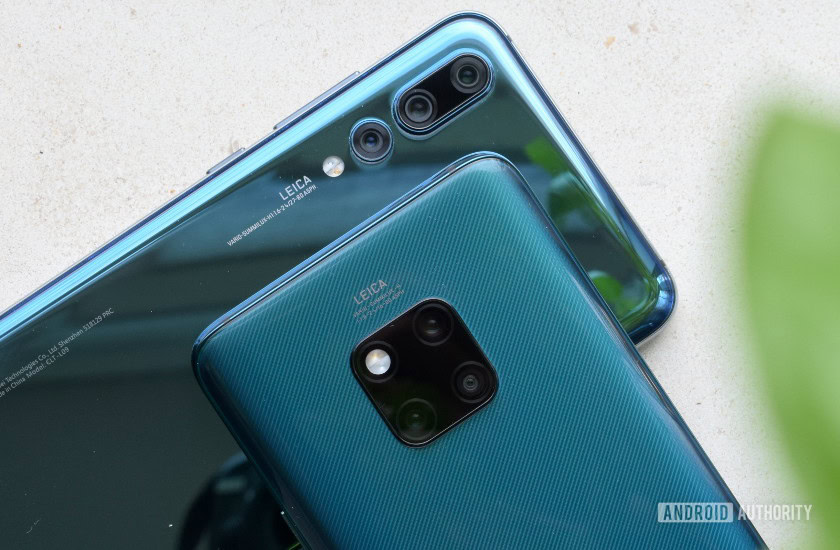Affiliate links on Android Authority may earn us a commission. Learn more.
Read this detailed description of an FBI sting on HUAWEI during CES 2019
Published onFebruary 4, 2019

- A new Bloomberg article gives details on a secret FBI sting operation against HUAWEI at CES 2019.
- The sting was an attempt by the bureau to catch HUAWEI stealing IP from a company and violating trade laws.
- The evidence in the article doesn’t paint a good picture for HUAWEI.
At CES 2019, the FBI outfitted two startup employees with body wires and monitored a conversation the pair had with HUAWEI representatives. The intention? To discover just how plausible it could be that Huawei is targeting young companies in the United States in order to steal intellectual property.
The story of how these two startup employees got to the point of that meeting is a long one, described in detail in a 3,500-word article from Bloomberg Businessweek. The article reads almost like a spy novel, setting up a plot of international espionage with a mysterious corporation, federal authorities, and the plucky heroes caught in the middle of it all.
Unlike a spy novel, though, this sting operation supposedly really happened.
The whole article is worth a read, but the general gist is that a company named Akhan has invented a new method of creating ultra-strong glass, which would do well if used in a flagship smartphone. The glass, supposedly, is six times stronger and 10 times more scratch-resistant than the leading Corning Gorilla Glass, which is used in almost every flagship in the mobile industry.
Akhan wants to sell its technology to a mobile device manufacturer, and HUAWEI was on the short list of potentials. To show off the tech, Akhan sent some samples to HUAWEI so the company could investigate, along with some legal contracts to both protect Akhan’s intellectual property and disclose that the product can’t leave the U.S. due to federal limitations.

Eventually, when the product came back to Akhan, two things were apparent: HUAWEI allegedly tried to reverse-engineer the product (breaking it in the process) and shipped the sample to China, violating both of the primary stipulations of the deal.
Akhan brought this information to the FBI, who were already working hard to catch HUAWEI dealing dirty in such a fashion. After monitoring emails and phone calls with HUAWEI, the CES sting operation took place, leading Bloomberg — and, supposedly, the FBI — to believe that there is strong evidence to support the allegation that HUAWEI is attempting to steal intellectual property from United States companies and denying any wrongdoing when confronted.
When you factor this news in with the myriad other problems facing HUAWEI right now — such as the arrest of its CFO, the allegation that one of its sales reps was caught spying, and the mounting pressure from international governments over the use of HUAWEI equipment — you see a company in deep legal trouble.
Click below to read the synopsis of the FBI sting for yourself: